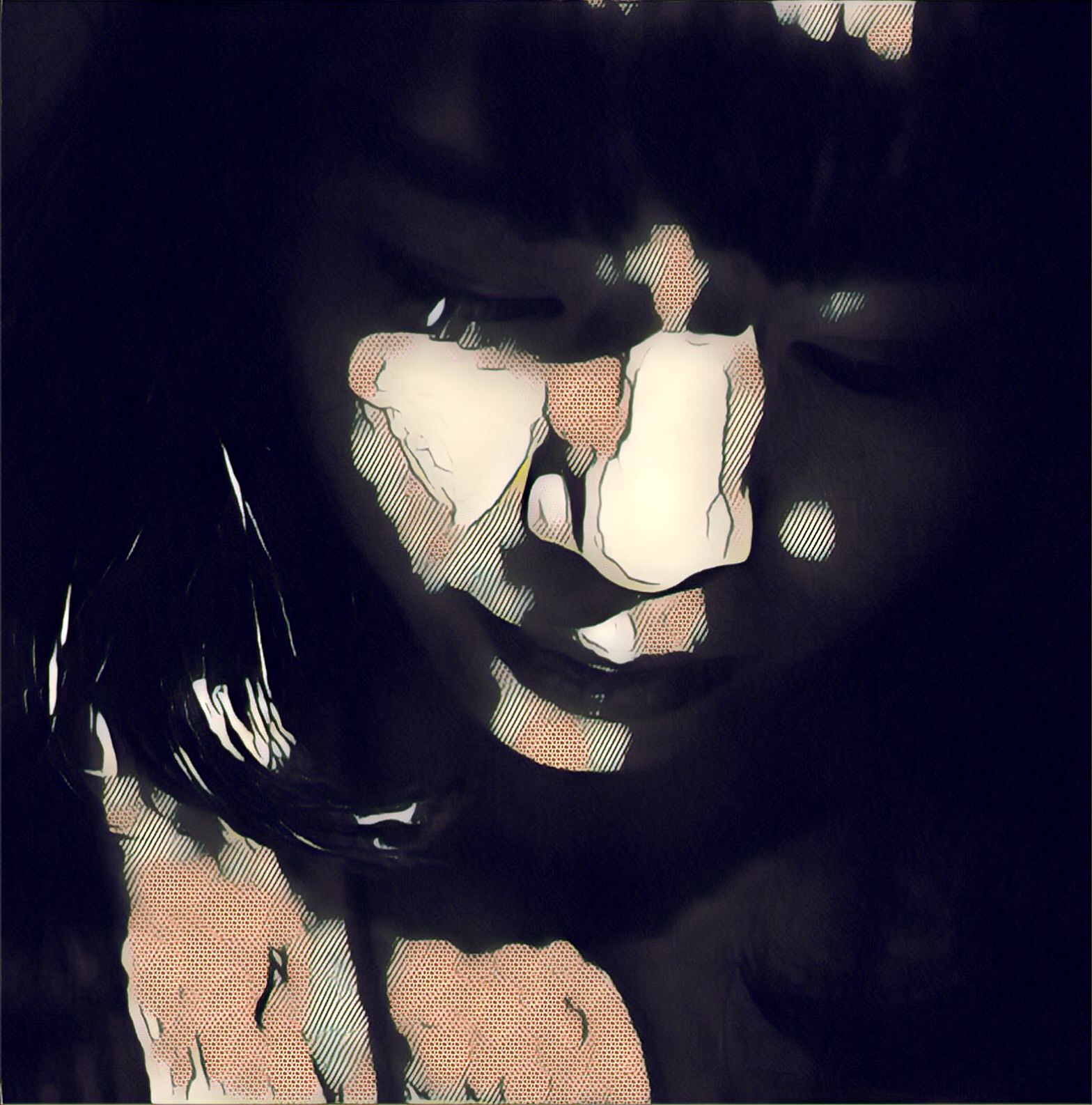Content warning: This blog discusses suicide and mention suicide ideation. Please take care of yourself and if you are experiencing suicidal thoughts please call Lifeline is 13 11 14.
One in twenty people that menstruate will be diagnosed with PMDD at some point in their reproductive years… It is very likely that you just wondered, what is PMDD? Well, that is exactly what I thought when my acupuncturist asked me if I had it. Actually, I scrunched up my face, tilted my head slightly and blurted out, “what the hell is that?”
PMDD, Premenstrual Dysphoric Disorder in layman terms is PMS on steroids. PMS can result in shouting at your boyfriend for leaving the towel on the floor, sobbing at a cute cat meme or questioning what you are doing with your life over and over in your head within a week before your period. PMDD is that, times a million.
The official meaning of PMDD is a cyclical, hormone-based mood disorder with symptoms arising during the premenstrual, or luteal phase of the menstrual cycle and easing within a few days of menstruation aka getting your period.
Essentially, we have these amazing hormones like progesterone and oestrogen that jump up and down in the second half of our menstrual cycle and normally a person that menstruates would ride that wave without too much of a worry. However, for someone with PMDD, their brain can’t handle the bumpy ride and may result in severe symptoms such as:
- Mood or emotional changes
- Irritability, anger, or increased interpersonal conflict
- Depressed mood, feelings of hopelessness, feeling worthless or guilty
- Anxiety, tension, or feelings of being keyed up or on edge
- Decreased interest in usual activities
- Suicidal Ideation
I felt all the above in one afternoon which was my initiation into PMDD. Amongst those diagnosed, we call it ‘doom’s day’ because it really could mean the end of your one precious life. On this particular day, I woke up not wanting to deal with the outside world. I chose to stay and work from home with the blinds drawn down and in my bed.
It wasn’t until later that day when all of a sudden I started uncontrollably crying out of nowhere and felt this deep sense of anger and dread. My thoughts were erratic, fast and confusing. Thanks to my daily meditation practice I was able to slow down my breath and tune into the words: ‘you are not good enough’, ‘who do you think you are?’, ‘what is the point?’, ‘why are you here?’.
Once I got a grasp of what I was telling myself I started howling into my pillow. I was terrified at my own thoughts. I had never experienced such hatred towards myself. Luckily, I could recognise in that moment that they were untrue and kept crying until I had completely exhausted myself and fell asleep.
The next day my period came and I felt completely fine. Like nothing had happened. It was almost like a switch had flipped from evil to good. I slid back into my usual tendencies to not explore my feelings, thinking maybe I had just experienced a panic attack and carried on.
These episodes continued for months. One month I just didn’t stop crying for two weeks, literally. I would walk into a cafe, start crying. I stepped onto a bus, start crying. I was continually asking myself… What the hell is wrong with me?
Finally, it was a trip to the dentist that changed my life forever. I was blessed not only with PMDD but also endometriosis – painful periods in a nutshell. The nurse asked me how I was and I mentioned my horrific period pain. She turned towards me, put one hand on my arm and looked straight into my eyes and said, ‘Oh honey, you know that isn’t normal, right?’.
I was 35. It took twenty years and 240 something periods for me to find out that the horrendous pain I had been enduring and masking with heavy prescription drugs was not normal. And that these recent moody and suicidal episodes were all linked to my menstrual cycle. I wasn’t actually crazy, as I had thought all along.
Studies also show that 30% of those with PMDD will attempt suicide in their lifetime while a larger percentage experience suicidal thoughts and self-harm.
It took almost two years to finally combat PMDD and become symptom free. I chose the natural way which for me meant seeing countless specialists including acupuncturists, GPs, gynecologists, nutritionists, psychologists and spiritual healers. But I made it. And if you recognise these symptoms in yourself you can too.
PMDD is only a very new addition to the medical journals but it has been experienced by those that menstruate for a countless number of years. It is said that 70% of those with PMDD are walking around undiagnosed.
If this is you, please know you are not alone. There is an abundance of help and support around the world to assist in diagnosis, treatment and management for PMDD.
Want to know more about PMDD? Adriana has been hosting The PMDD podcast since July 2021.
The PMDD Podcast
What is PMDD? That is exactly what I asked with a puzzled look on my face at the age of 35. This podcast is all about raising awareness about PMDD and sharing stories from those diagnosed with PMDD and health professionals assisting with treatments and management strategies to combat this menstrual health condition.
Podcast: https://linktr.ee/the_pmddpodcast
Instagram: https://www.instagram.com/the_pmddpodcast/

Adriana Tantau
Adriana Tantau is a global fitness consultant and host of The PMDD Podcast. She is on a mission to create a more menstrual friendly world through awareness and education. Adriana is especially interested in creating menstural health awareness programs in the workplace.


